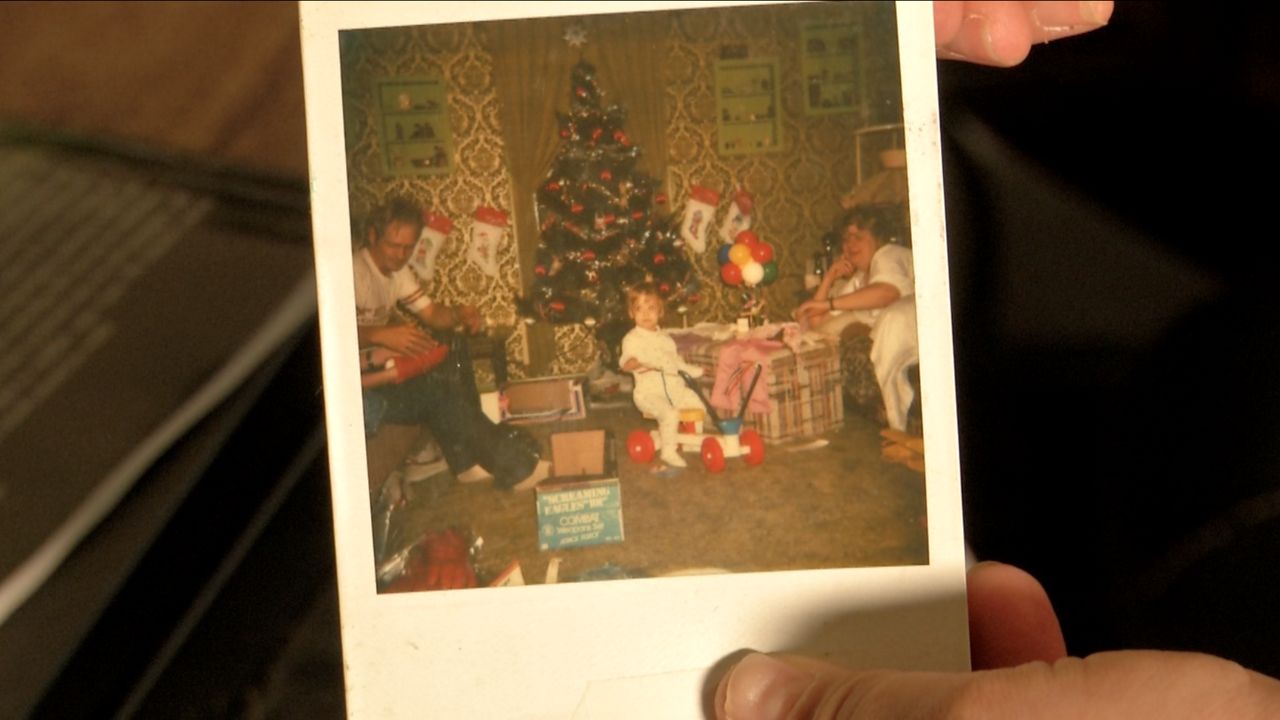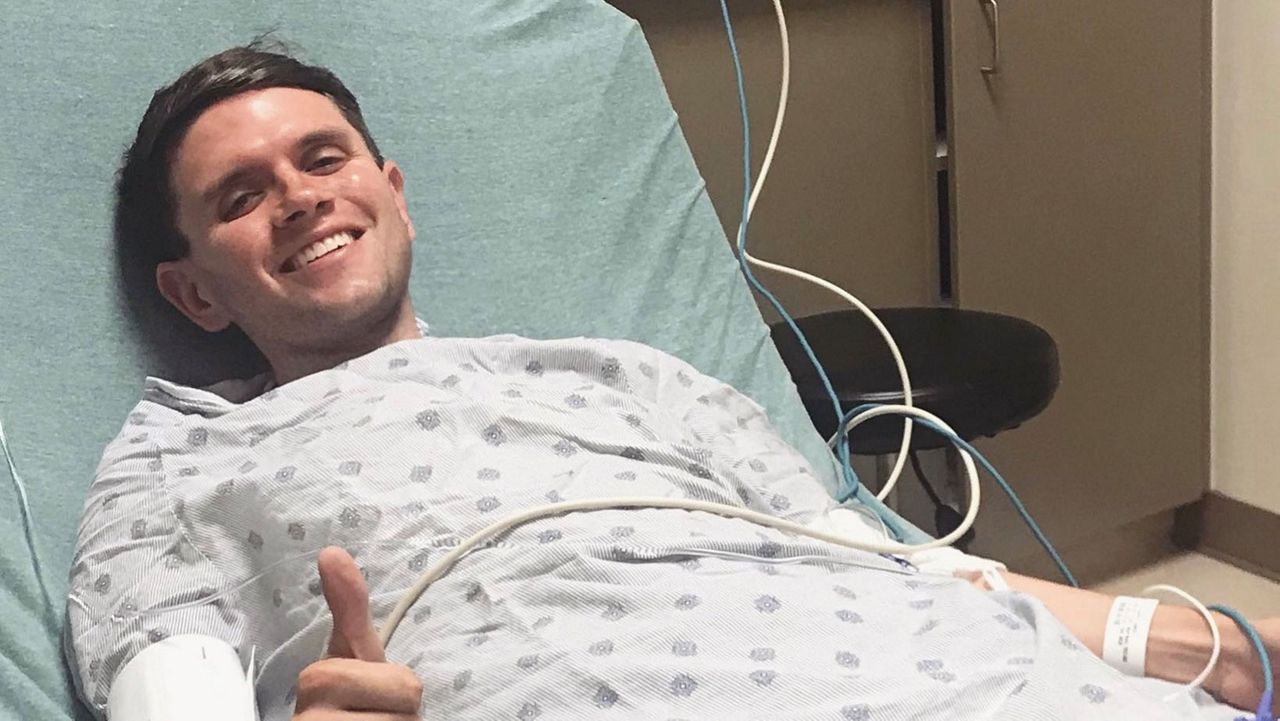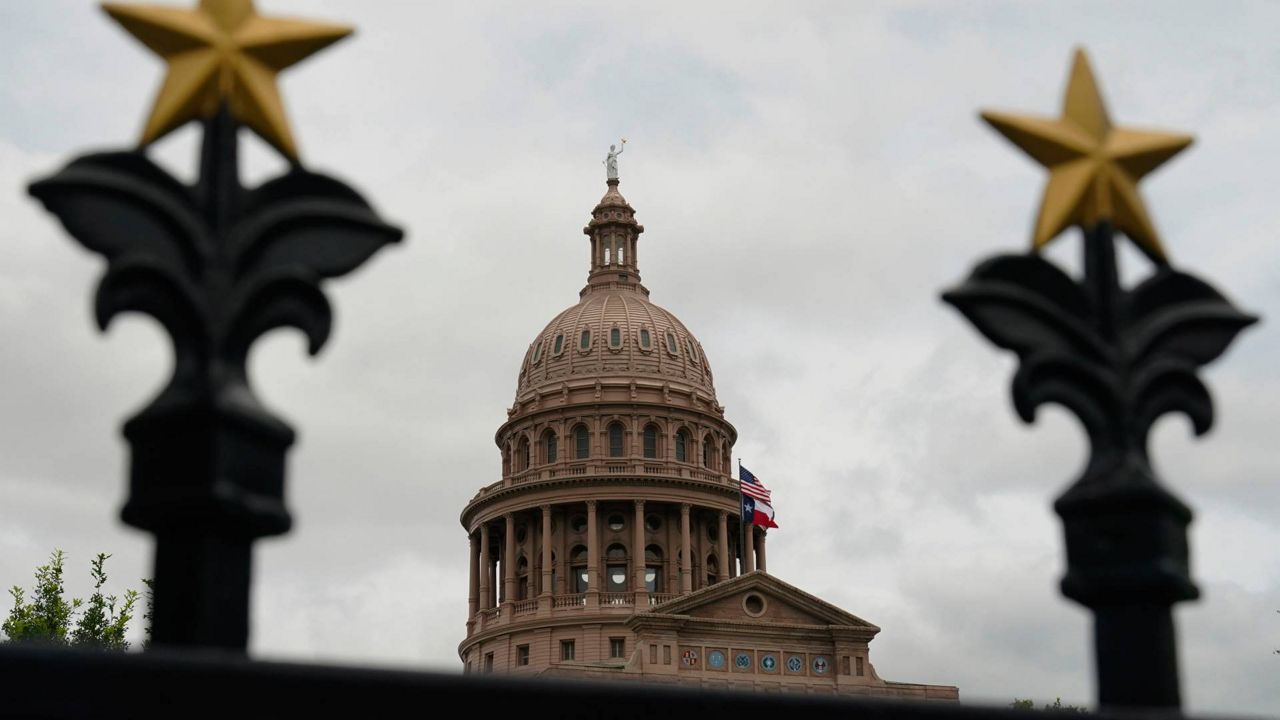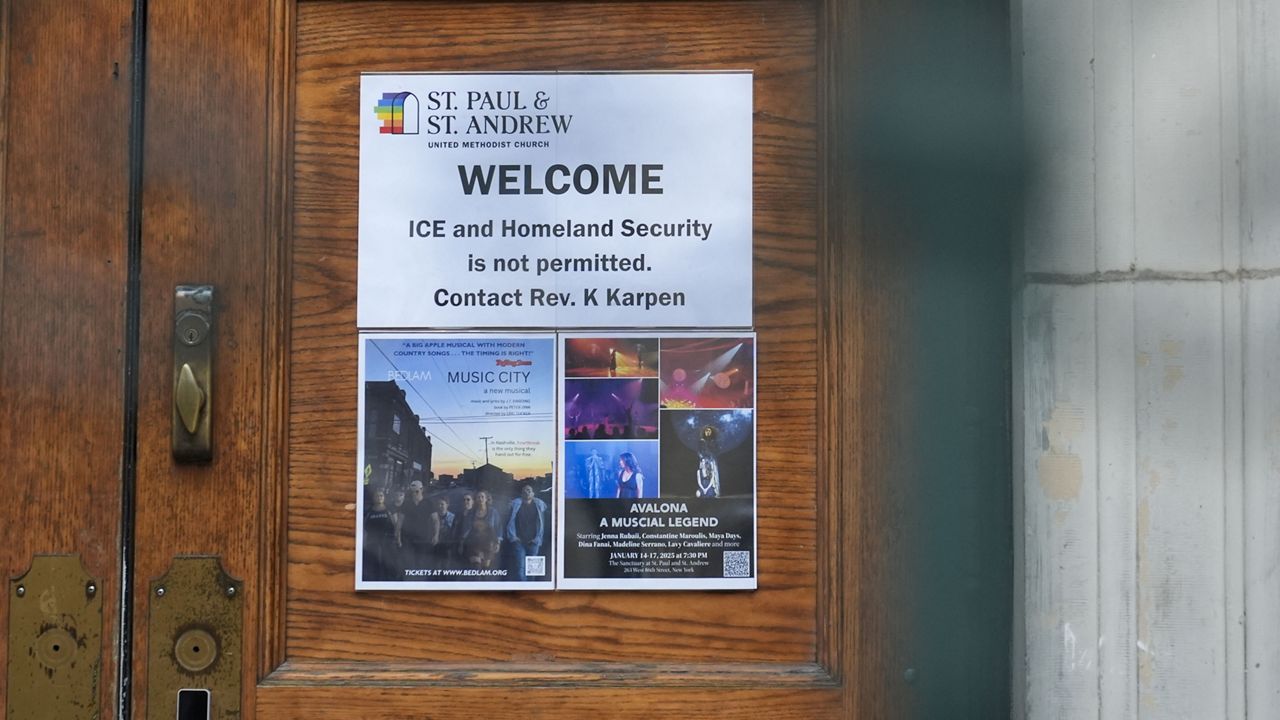AUSTIN, Texas — More than 2.8 million Texans have been diagnosed with diabetes. According to researchers at Yale, roughly one-in-four Americans that are prescribed insulin to treat their diabetes say they’ve rationed their insulin due to the cost. A bill that seeks to cap out-of-pocket insurance costs associated with insulin is gaining bipartisan support in the Texas legislature.
No matter what Cassie Moffitt does, the Texas native has to make sure she has enough insulin to ensure her blood glucose stays at normal levels.
“You know, most people make it on their own, but there are a lot of us who don’t,” said Moffitt. “So we don’t really have a choice other than to buy this liquid gold in a bottle.”
Moffitt’s blood sugar content is monitored constantly, with a pump feeding her insulin to make sure those numbers remain stable. It’s something Moffitt has dealt with practically her whole life.
“I was diagnosed with Type 1 diabetes when I was 17 months old,” said Moffitt.
Back then, Moffitt’s single mother struggled to afford the insulin Moffitt needed. Moffitt and her mother lived with her retired grandparents. The government said, due to her living predicament, they made too much money to qualify for Medicaid.
“This was back when diabetes was not covered under insurance,” recalled Moffitt.
But a few years ago, when Moffitt didn’t have full-time work for over a year, she found it extremely difficult to afford the medicine that allows her to live. Forced to seek out a COBRA health care plan, her premiums were more than $500 per month, not including her $1,000 deductible, plus the out-of-pocket costs.
“There were a couple of times where they would try to send my refill and I saw the price and I said you know what, keep it, I’ll figure it out,” lamented Moffitt.

Insulin affordability hit home for State Rep. James Talarico (D-Round Rock) in 2019. Newly elected in 2018, Talarico planned a walk across his entire district from Taylor to Round Rock in order to meet with constituents.
“I hike Big Bend every year. I wasn’t worried about a 25-mile walk,” said Talarico. “But halfway through I started to feel fatigued and nauseous. I threw up several times along the way. I honestly don’t know how I finished the walk, but I did.”
When Talarico finished his walk, he thought he needed a good night’s sleep, but he got a lot more than that. Talarico fell asleep for 36 hours straight. He was eventually rushed to the hospital by his parents. Talarico was in diabetic ketoacidosis, or DKA, a condition that can be fatal.
“A normal blood glucose level is less than 100,” said Talarico. “Mine was 900 - and so I was immediately diagnosed with Type 1 diabetes.”
Talarico has been monitoring his blood sugar levels daily ever since. But even with insurance, his first 30 day supply of insulin cost him $684. He said he knows other Texans have it much worse.
“There are Texans with diabetes who use GoFundMe pages to afford their insulin,” said Talarico. “There are Texans with diabetes who turn to the black market to find insulin for themselves or for their children.”

Talarico is sponsoring HB 40, which aims to place a cap on out-of-pocket costs associated with insulin. Costs have skyrocketed over the last 20 years, with only three drug manufacturers controlling the market.
“I think folks on both sides of the aisle and across our great state can agree that no diabetic should die because they don’t make enough money to afford this life-saving medicine,” claimed Talarico.
If the legislation is approved, Texas would become the 16th and largest state to place a cap on out-of-pocket insulin prices. HB 40 is still waiting to be voted out of committee.
While Moffitt is able to afford her insulin now, she’s advocating for those that cannot. Moffitt is now working toward a Ph.D in nursing with a focus on diabetes research. Her most recent paper focusing on the impacts of limited access to insulin.









